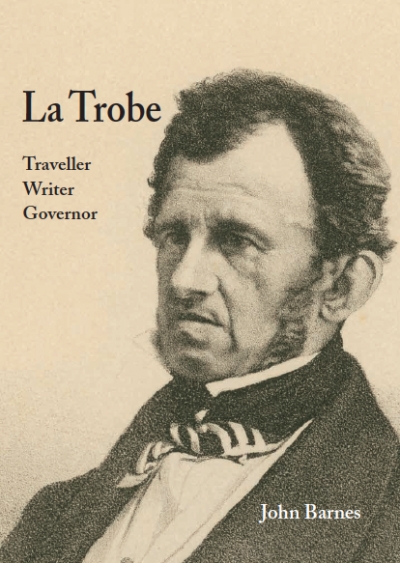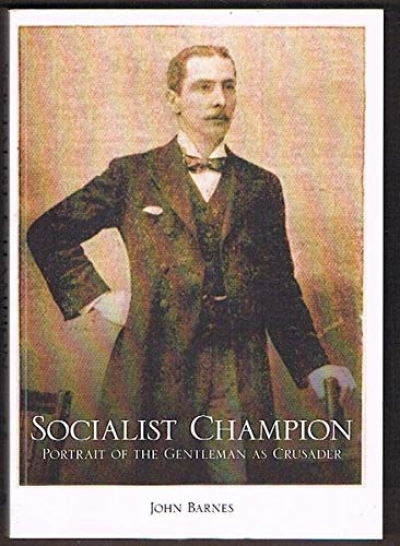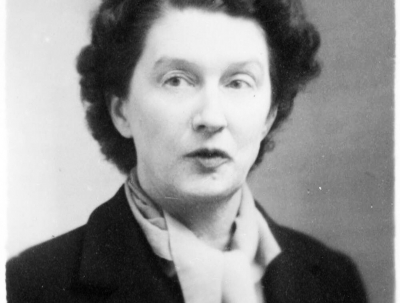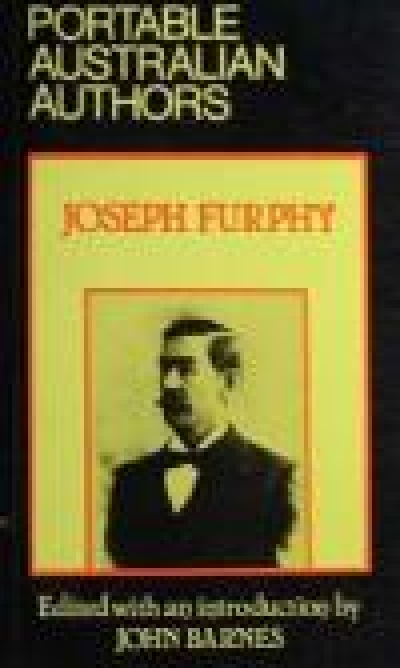John Barnes
La Trobe: Traveller, writer, governor by John Barnes
Socialist Champion: Portrait of the gentleman as crusader by John Barnes
Christina Stead was born in Sydney on 17 July 1902 and died there on 31 March 1983. She spent the greater part of her life, including her most creative years, abroad – in England, Europe, and America. She left Australia for the first time in 1928, returning only once for a few months in 1969 before she decided in 1974 to spend her last years here. Although her novels were written away from Australia and most do not have Australian settings, she never ceased to think of herself as an Australian. Nationalism simply wasn’t an issue for her: she didn’t regard herself as an expatriate, she didn’t reject her homeland, but neither did she feel any compulsion to assert an Australian identity. She was perhaps the first Australian writer to be truly cosmopolitan.
... (read more)



